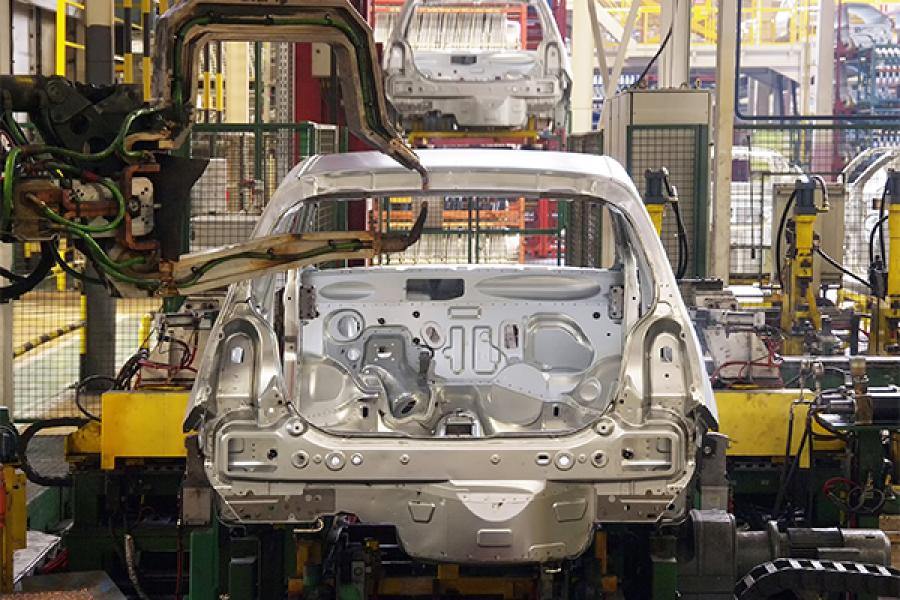
Giant carmakers have slammed the brakes on inconsistent policy driven Indian car market. For long car makers have been troubled by the increasingly erratic business environment in the country made difficult by inconsistent policy decisions.
GST fluctuations is recent one, last was 10 per cent hike in cess, which will make bigger vehicles even more expensive than the pre-Goods and Sales Tax (GST) regime.
With so much uncertainty and flip-flop auto policy, almost all carmakers are redrawing their plans for the 2nd fastest growing car market in the world. Many see negative future projections in the current uncertain scenario.
Already, General Motors has withdrawn from the Indian market, while Volkswagen AG, Europe’s largest carmaker has put on hold its future investments and expansion plans for all its brands – Lamborghini, Audi, Volkswagen & Skoda – citing inconsistent policy.
Roland Folger, MD & CEO, Mercedes−Benz India, has faced more surprises in his two years in India than his entire two decades career in the automotive industry. “First we battled the diesel ban in the National Capital Region-Delhi market despite confirming to all regulations, then the demonetization which was followed by a total stop on BS-III vehicles beyond March 31 this year. Just when we were settling from the GST shockers, the luxury car market has been surprised with the highest rate that will only decelerate the market further,” says Folger, who is also the largest investor in the luxury car space with over Rs 2000 crore lined up in the country.
The series of flip-flops have been coming from successive governments for the auto industry, which contributes a little over 7 per cent to the GDP, and is viewed as a cash cow for taxes. Former president Pranab Mukherjee, when he was the finance minister, doubled custom duties to over 100 per cent for fully imported cars in 2008-09. The various Free Trade Agreement with EU and the US that could have helped indigenous automotive players to graduate into the global league also failed to materialize.
Notwithstanding the challenge of the eight-month-long ban on diesel cars, which stranded sales of Mercedes-Benz and Toyota Kirloskar Motors in the NCR-Delhi market, the industry again took a hit of more than Rs 15,000 crore, in March this year. It was asked by the Supreme Court then to relinquish all BS-III stock in just two days and switch to new fiscal sales of only BS-IV vehicles.
“Luxury car industry in India, while small in volumes, still contributes over 10 percent in value. The taxes on this industry were already very high and we expected the unfulfilled potential of this segment to increase after the implementation of GST and rationalization of taxes. However, increasing the cess on the luxury car industry will dampen the spirits of not only the companies, dealers and customers but also workers and employees working in this industry. We will be forced to re-evaluate our business plans in light of this development," said Rahil Ansari, Head Audi India.
“Many states like Maharashtra had increased road tax rates, following rationalized GST regime, which now along with higher cess will take the effective consumer price much above the pre-GST level," BMW Group India President Vikram Phawa said.
A spate of regulatory changes and fluctuations on motor vehicle cess has adversely affected the stability and growth of the automotive industry in India which is expected to emerge as the second largest car market after China, targeting production of 13 million cars from the current 3.6 million .
India need to understand that it does not enjoy any advantage unlike China that house world’s largest reserves of Lithium and other rate metals which are most critical for batteries and other components critical for electric vehicles, but only a sharply focused policy will help to emerge a global destination in auto and avoid this constant shift in policy that makes our market highly risky and averse to the modern technology absorption.


